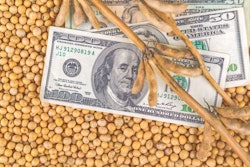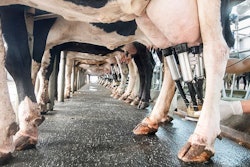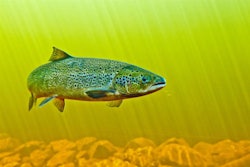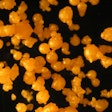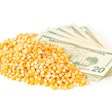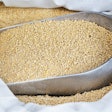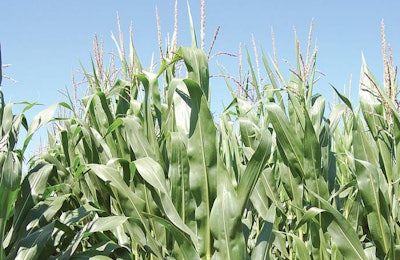
Study find ‘warming hole’ centered on American Midwest has boosted US corn yields
For decades, the American Midwest has enjoyed a special exemption from the warming that has plagued regions, giving U.S. corn farmers a previously unknown advantage.
While most regions of the world have warmed by an average of 1.4 degrees Fahrenheit over the past 100 years, temperatures in the American Midwest have failed to keep pace. Summertime temperatures have actually decreased in the Corn Belt since the 1960s, resulting in a 5-10% increase in U.S. corn yields, according to a recent study published in Environmental Research Letters. The researchers estimate that the increase is worth $1.5 billion per year to the U.S.
But it’s not clear how long the U.S.’s competitive advantage will last, according to Jonathan Winter, an assistant professor of geography at Dartmouth College and a co-author on the report. The warming hole isn’t believed to be a result of climate change itself, Winter said. Rather, the hole is one of two regions were other factors have offset the effect of climate change. In the Midwest, he said, research suggests the warming hole may be linked to widespread agricultural expansion and the increased use of irrigation.
As a result, Winter said, the Midwest hasn’t suffered the same warming trends as the rest of the world, trends that have in many areas reduced crop yields and raised prices for commodities.
While climate scientists are uncertain how long the “warming hole” will persist in the Midwest, Winter doesn’t believe it’s likely to remain a permanent feature of the region. Agricultural expansion can’t continue forever, and farmers can’t increase the size of their irrigation systems indefinitely. Eventually, Winter predicts, climate change will win out, and temperatures in the Midwest will catch up with global trends.
“Increased agriculture has started to level off. The amount of installed irrigation has started to level off,” he said. “The effect is going to level off, but climate change marches on.”

